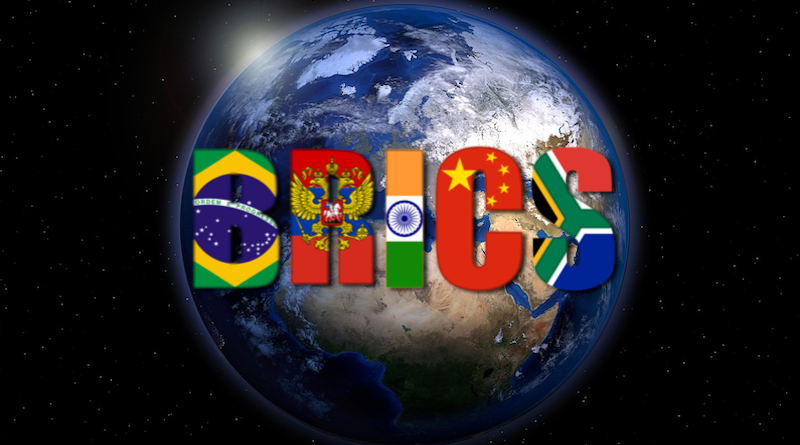Over the past few decades, China, India, Brazil, South Africa and others have experienced rapid economic growth and have emerged as major players on the world stage. This rise of the rest has posed challenges for the West on their foreign policy.
There are several reasons why the West has encountered difficulties in dealing with many developing nations to name few. Shifting global power dynamics, Differing political systems and ideologies, Historical legacies and colonialism, Economic interests and resource competition & Geopolitical competition.
One striking and unforeseen development that has emerged is the opposition of several West African nations, including Mali, Niger, Burkina Faso, and Guinea Bissau, which have experienced coups and overthrown their leaders. This uprising stems from their dissatisfaction with the West’s exploitation of their plentiful resources while their populations persistently endure poverty below the poverty line. This turn of events has dealt a significant blow to the West’s interests in the region.
The potential inclusion of Ethiopia and Kenya in the BRICS (Brazil, Russia, India, China, and South Africa) alliance has sparked discussions about the strategic options available to countries like Somalia. As these East African nations contemplate joining BRICS, they face a crucial decision regarding where their best interests lie: aligning with BRICS or pursuing tough negotiations to maintain ties with the West.
The BRICS alliance represents a distinct shift in global power dynamics, with its member countries collectively accounting for a significant portion of the world’s population, economic output, and military capabilities. Joining BRICS could offer Ethiopia and Kenya various potential benefits, including enhanced trade partnerships, infrastructure development, technological cooperation, and access to alternative sources of financing. Additionally, BRICS provides a platform for these countries to exert greater influence on the global stage and potentially reshape the existing world order.
Somalia, like many other nations, must carefully weigh its options when deciding whether to align with BRICS or maintain ties with the West. The West, traditionally dominated by the United States and Europe, offers established political, economic, and military alliances that have provided significant support to Somalia in various sectors. Cooperation with the West has often been characterized by development aid, security assistance, and diplomatic ties that align with Western values such as democracy, human rights, and good governance.
However, joining BRICS could potentially provide alternative opportunities for Somalia. BRICS nations have shown a growing interest in Africa, investing heavily in infrastructure projects, trade agreements, and development initiatives. This could present Somalia with new avenues for economic growth, increased regional integration, and expanded diplomatic ties. Moreover, BRICS nations’ approach to international relations often emphasizes non-interference, which may resonate with Somalia’s desire for sovereignty and self-determination.
Rather than viewing the choice between BRICS and the West as mutually exclusive, Ethiopia, Kenya, and Somalia could seek to strike a delicate balance between the two. These nations can pursue a multi-faceted foreign policy that allows them to maintain strong ties with the West while exploring the opportunities presented by BRICS. This approach would enable them to diversify their partnerships, leverage the strengths of both alliances, and pursue their national interests more effectively.
Ethiopia and Kenya’s active consideration of joining BRICS raises important questions for Somalia and other nations in the region. The decision to align with BRICS or maintain ties with the West is a complex one, requiring careful deliberation and consideration of the potential benefits and risks associated with each option. Striking a balance between the two alliances can offer the best of both worlds, allowing countries to leverage the advantages offered by BRICS while maintaining the valuable partnerships and support provided by the West. Ultimately, the choice should be guided by the pursuit of national interests, economic development, and regional stability.

